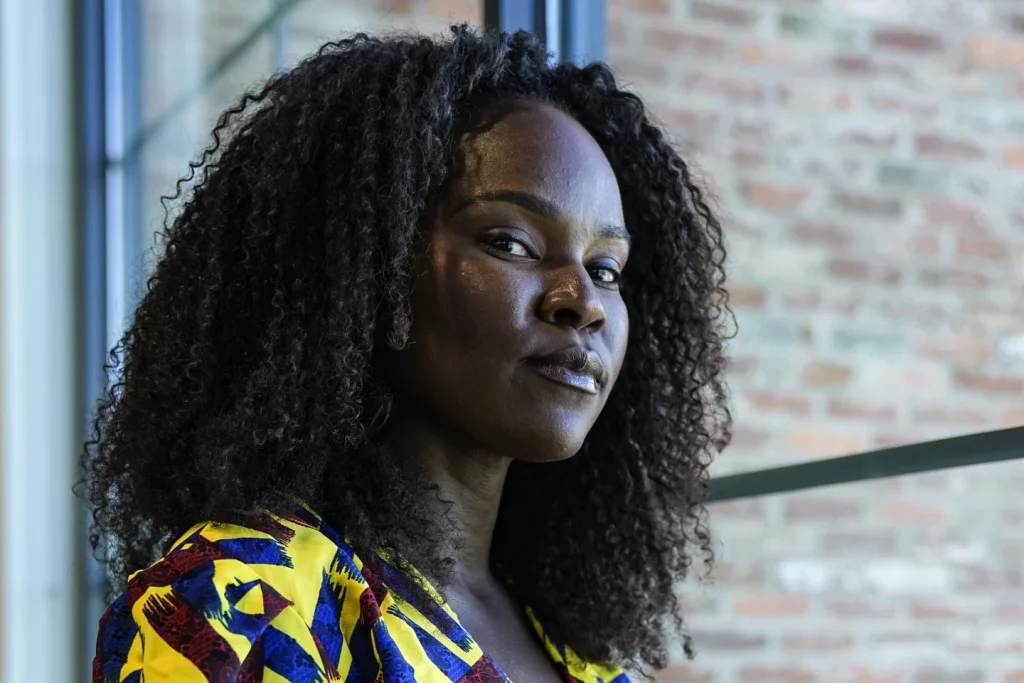The legal battle against the Fearless Fund and other corporate diversity and inclusion programs has sparked a wave of controversy and concern in the business world.
The case against the Fearless Fund, alleging discrimination against non-Black women, has raised questions about the fairness and legality of diversity initiatives.
This has led to a series of lawsuits being filed by conservative activists, who are seeking to challenge and ultimately dismantle these programs.
The impact of these legal battles is far-reaching, affecting not only the companies targeted, but also the individuals and businesses that have benefited from diversity programs.
For entrepreneurs like Sophia Danner-Okotie, whose Nigerian-inspired clothing line has received funding from the Fearless Fund, the uncertainty and potential consequences of the legal challenge have cast a shadow over her ambitious plans for growth and expansion.
The Supreme Court’s ruling ending affirmative action in college admissions has emboldened conservative activists to take aim at diversity and inclusion programs in the corporate world.
This has created a climate of uncertainty and fear among companies and organizations that have invested in diversity initiatives as part of their commitment to creating more inclusive and equitable workplaces.
The resignation of Harvard’s first Black woman president, Claudine Gay, following allegations of plagiarism and controversy over her congressional testimony about antisemitism, has further fueled the fire of the conservative activists.
Christopher Rufo, a prominent figure in the movement against diversity, equity, and inclusion (DEI) ideology, has made it clear that he will not rest until these initiatives are abolished from every institution in America.
The targeting of prominent companies and a wide array of diversity initiatives, including fellowships, hiring goals, anti-bias training, and contract programs for minority or women-owned businesses, has created a climate of uncertainty and fear in the business world.
Companies are now reevaluating their diversity programs in the face of legal challenges and the growing expectation that the conservative-dominated Supreme Court will eventually take up the issue.
The implications of these legal battles are profound, as they have the potential to reshape the landscape of diversity and inclusion in the workplace.
The outcome of these cases will have far-reaching consequences for businesses, employees, and entrepreneurs who have relied on diversity initiatives for support and opportunities.
In conclusion, the legal battles against corporate diversity and inclusion programs have created a climate of uncertainty and fear in the business world.
The implications of these challenges are far-reaching, affecting not only the companies targeted, but also the individuals and businesses that have benefited from diversity initiatives.
The outcome of these cases will have profound consequences for the future of diversity and inclusion in the workplace.
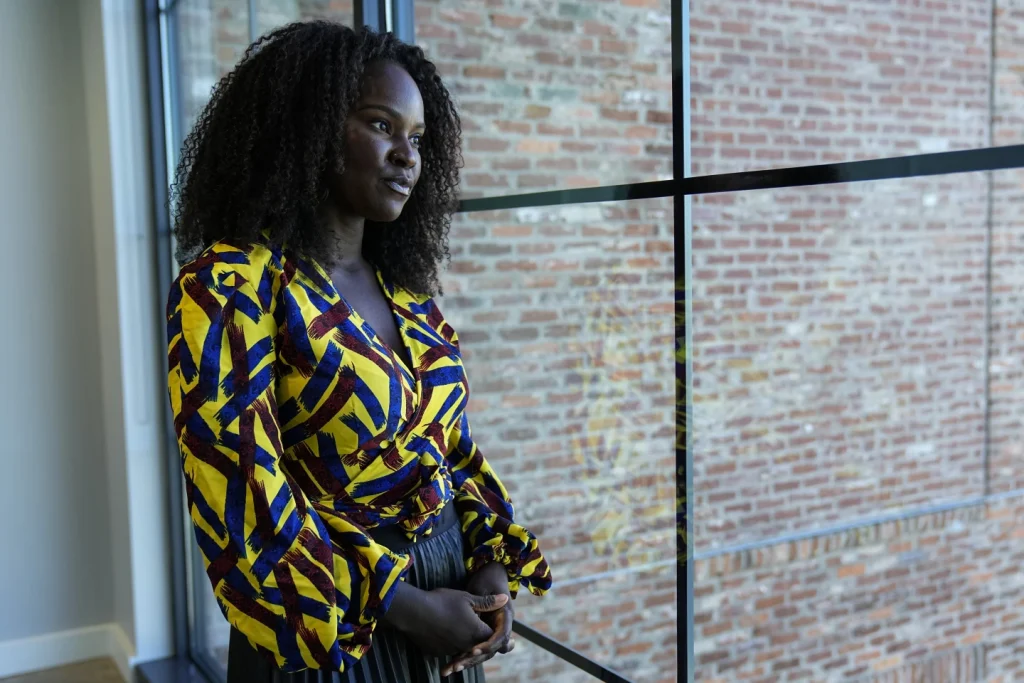
It is imperative for businesses and organizations to closely monitor these developments and be prepared to adapt to potential changes in the legal landscape.
In the wake of the 2020 protests sparked by the tragic killing of George Floyd, a renewed focus on addressing racial inequalities in the workplace emerged, prompting many companies to pledge increased efforts towards diversity and inclusion.
However, this shift has not been without its challenges. While some of these obstacles have centered on policies implemented post-2020, others have taken aim at longstanding diversity programs, which anti-affirmative action advocates have sought to dismantle for decades.
This legal backlash has already begun to cast a chilling effect on corporate endeavors to address workplace inequality, coinciding with a slowdown in investment and interest in such initiatives following the surge of post-Floyd activism.
The repercussions of this legal backlash are palpable. Job openings for diversity officers and similar positions have witnessed a decline in recent months, indicative of the adverse effects of the legal challenges on corporate commitment to addressing workplace inequality.
Furthermore, the combined share of venture capital funding for businesses owned by Black and Latina women has regressed to less than 1%, after briefly surpassing that threshold in 2021.
This stark decline, as reported by the nonprofit advocacy group digitalundivided, underscores the tangible consequences of the legal hurdles faced by diversity programs.
The case against the Fearless Fund, an organization providing early-stage funding to businesses led by women of color, serves as a poignant example of the unpredictable legal landscape surrounding diversity programs.
A federal judge in Atlanta initially refused to block a Fearless Fund grant contest for Black women business owners, citing the protection of such donations under the First Amendment and expressing skepticism about the lawsuit’s likelihood of success.
However, a subsequent ruling by a three-judge federal appeals panel suspended the contest, labeling it as “racially exclusionary” and indicating a potential victory for the lawsuit.
The human impact of these legal battles is profound. Entrepreneurs like Danner-Okotie, who received vital funding from the Fearless Fund, now find themselves grappling with uncertainty and apprehension about the future of such programs.
Danner-Okotie’s experience exemplifies the transformative power of funding from organizations like the Fearless Fund.
Her clothing brand, which celebrates African heritage, faced numerous obstacles in securing traditional financing due to the unique nature of her business model.
The grant she received was a game changer, enabling her to expand her operations and fulfill her vision. However, the lawsuit against the Fearless Fund, spearheaded by anti-affirmative action activist Edward Blum, has thrown the future of such initiatives into jeopardy.
The outcome of the legal battle against the Fearless Fund holds significant implications for similar diversity programs.
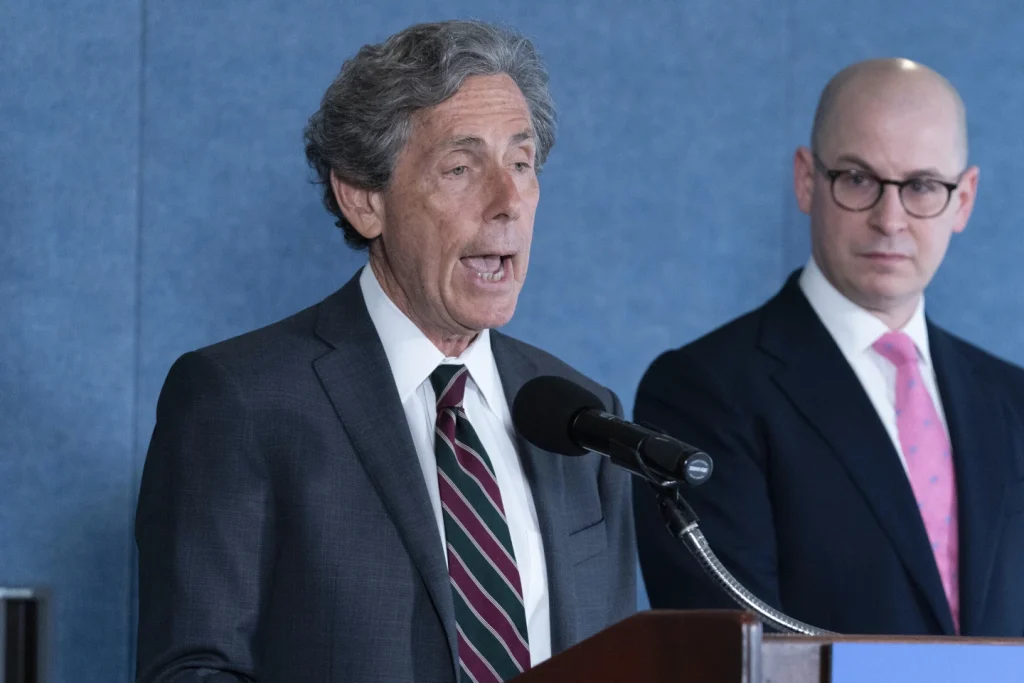
The uncertainty surrounding the legality and permissibility of such initiatives poses a substantial challenge to the advancement of workplace equality and racial justice.
The potential ramifications extend beyond individual entrepreneurs and businesses, impacting the broader landscape of diversity and inclusion efforts in the corporate sphere.
In conclusion, the legal backlash against diversity programs presents a formidable obstacle to the ongoing pursuit of workplace equality and racial justice.
The implications of these challenges are far-reaching, casting a shadow of uncertainty over the future of initiatives aimed at redressing racial inequalities in the workplace.
As the legal landscape continues to evolve, it is imperative to recognize the pivotal role of diversity and inclusion in fostering a more equitable and just society.
The outcome of these legal battles will undoubtedly shape the trajectory of workplace equality efforts for years to come, underscoring the critical need for continued advocacy and support for diversity programs.
In the contemporary corporate landscape, diversity initiatives have become a focal point for many organizations, spurred by pressures from stakeholders such as shareholders, employees, and customers.
The pursuit of diversity and inclusion has been a prominent feature of the corporate agenda, with companies like Starbucks and Disney successfully defending their inclusion policies in legal battles.
However, the legal complexities surrounding diversity programs have prompted some companies to recalibrate their approaches to mitigate potential legal scrutiny.
Notably, prominent law firms Morrison Foerster and Perkins Coie modified their diversity fellowship programs, opening them to applicants of all races in response to lawsuits.
Similarly, pharmaceutical giant Pfizer adjusted its fellowship program by removing race-based eligibility requirements, despite a prior lawsuit dismissal.
These changes, while seemingly responsive to legal pressures, have not shielded these companies from continued legal challenges, as conservative organizations persist in contesting the underlying goals of these programs.
Moreover, the case of Comcast, which broadened the eligibility criteria for a grant program initially intended for women and people of color, illustrates the ongoing legal battles in this domain.
The lawsuit brought by the Wisconsin Institute for Law & Liberty on behalf of a white business owner underscores the contentious nature of diversity programs and the potential ramifications for existing legal frameworks.
The legal landscape surrounding diversity initiatives has been further complicated by the challenge to the U.S. Department of Transportation’s Disadvantaged Business Enterprise program, which mandates the allocation of funds to businesses owned by women, minorities, and other socially and economically disadvantaged individuals.
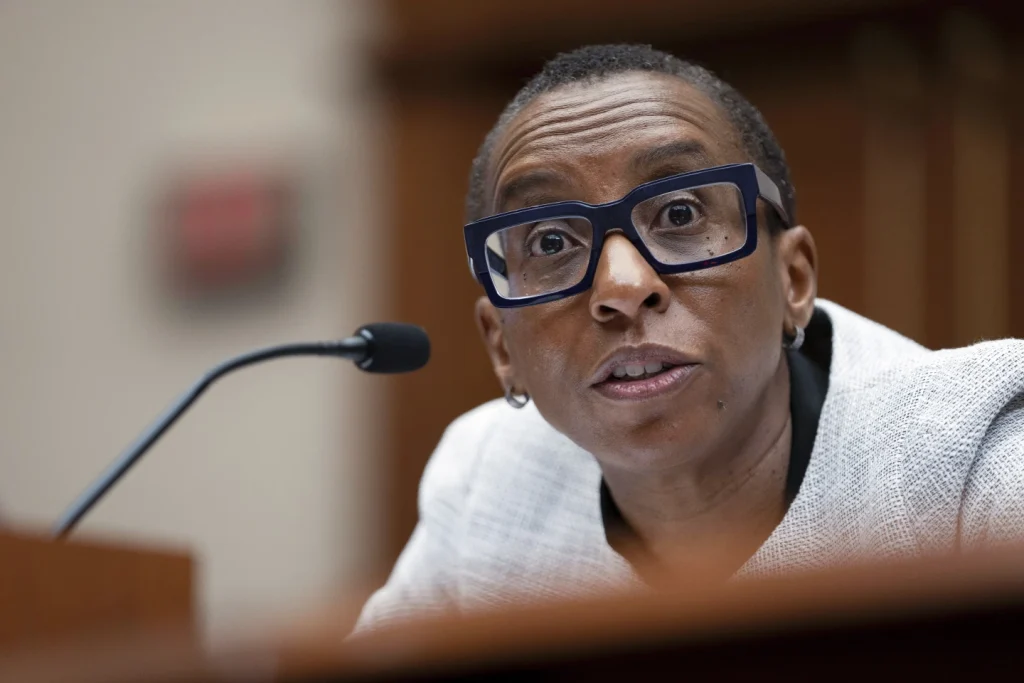
The implications of such legal challenges extend beyond individual companies, potentially reshaping the legal precedents governing workplace diversity programs.
Dan Lennington, an attorney with the Wisconsin Institute, emphasized the broader implications of these legal battles, highlighting the potential to reshape case law on workplace diversity programs.
The Supreme Court’s ruling on affirmative action has injected new vigor into the debate, underscoring the significance of these legal confrontations in shaping the future of diversity initiatives in the corporate sphere.
In the context of hiring practices, lawsuits challenging diversity programs often invoke the Civil Rights Act of 1866, which prohibits racial discrimination in contract agreements.
Conservative activists have utilized this historical legislation to contest programs aimed at benefiting racial minorities, particularly those with explicit race-based eligibility components.
This legal battleground has raised fundamental questions about the intersection of corporate responsibility, legal compliance, and societal equity.
David Glasgow, executive director of the Meltzer Center for Diversity, Inclusion, and Belonging at New York University’s School of Law, highlighted the complexities of proving racial discrimination in hiring decisions.
The debate around whether companies are crossing legal boundaries by setting goals for increasing minority representation has underscored the ambiguous nature of corporate policies in this regard.
The distinction between aspirational goals and impermissible quotas has emerged as a pivotal point of contention, with implications for the interpretation and enforcement of anti-discrimination laws.
The evolving legal landscape surrounding diversity programs and hiring practices underscores the intricate interplay between corporate initiatives, legal frameworks, and societal expectations.
As companies navigate this complex terrain, the need for a nuanced understanding of legal precedents, corporate responsibilities, and societal imperatives becomes increasingly pronounced.
The legal challenges to diversity programs and hiring practices underscore the imperative for organizations to critically evaluate their approaches, ensuring alignment with legal mandates, ethical considerations, and the broader imperative of fostering inclusive workplaces.
In conclusion, the ongoing legal battles surrounding diversity programs and hiring practices reflect the intricate interplay between corporate initiatives, legal frameworks, and societal expectations.
The evolving legal landscape necessitates a balanced approach that upholds the principles of diversity and inclusion while navigating the complexities of legal compliance and societal equity.
As companies grapple with these challenges, a comprehensive understanding of legal precedents, corporate responsibilities, and societal imperatives becomes indispensable in shaping the future of diversity initiatives in the corporate sphere.
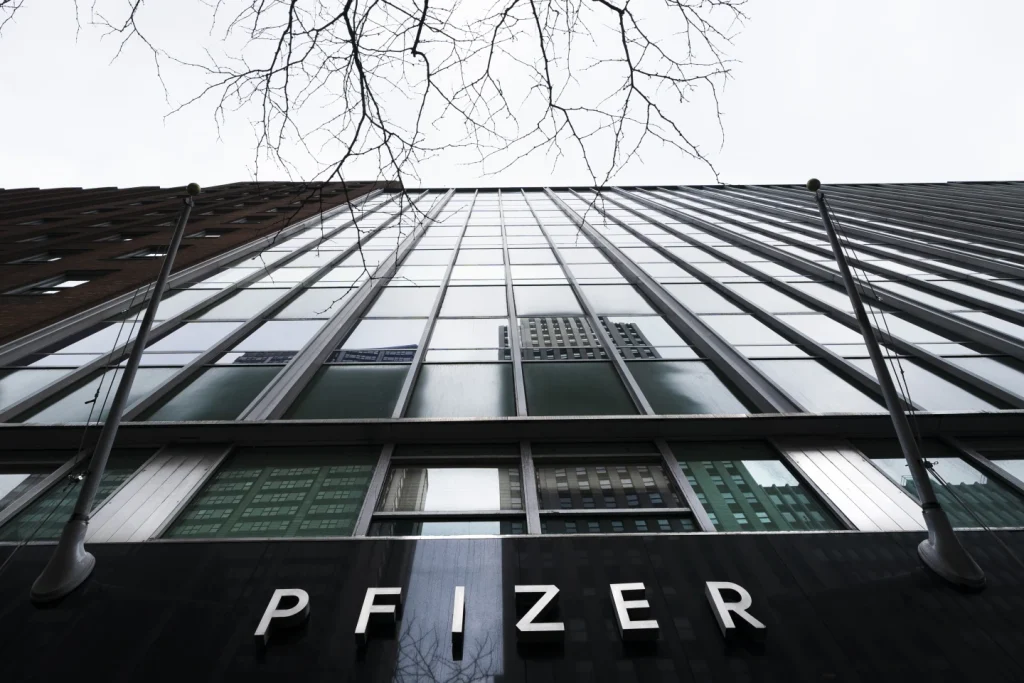
In this dynamic landscape, organizations must remain vigilant, responsive, and adaptive, seeking to harmonize legal compliance with the ethical imperative of fostering inclusive workplaces.
The legal challenges to diversity programs and hiring practices underscore the imperative for organizations to critically evaluate their approaches, ensuring alignment with legal mandates, ethical considerations, and the broader imperative of fostering inclusive workplaces.
